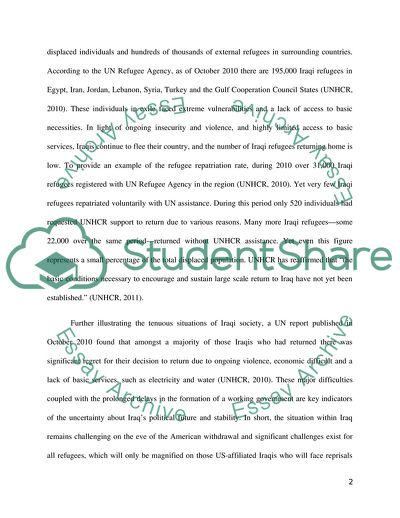Cite this document
(Struggling to Survive in Post-American Iraq Essay - 1, n.d.)
Struggling to Survive in Post-American Iraq Essay - 1. https://studentshare.org/politics/1771048-critique
Struggling to Survive in Post-American Iraq Essay - 1. https://studentshare.org/politics/1771048-critique
(Struggling to Survive in Post-American Iraq Essay - 1)
Struggling to Survive in Post-American Iraq Essay - 1. https://studentshare.org/politics/1771048-critique.
Struggling to Survive in Post-American Iraq Essay - 1. https://studentshare.org/politics/1771048-critique.
“Struggling to Survive in Post-American Iraq Essay - 1”. https://studentshare.org/politics/1771048-critique.


